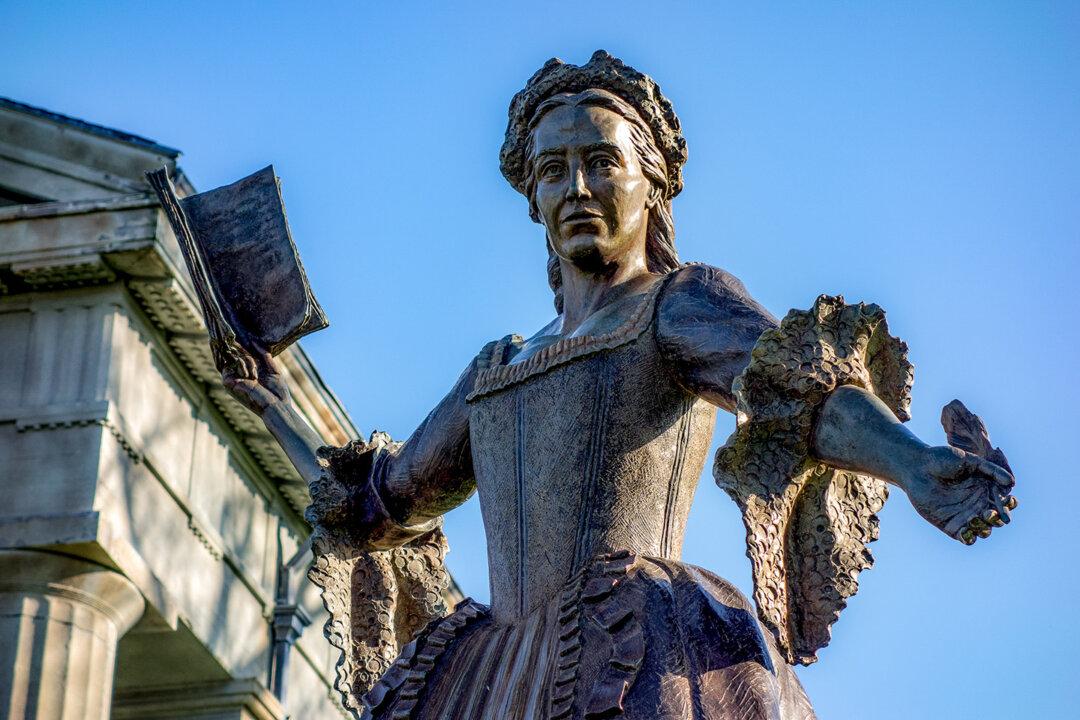Any American with a high school diploma should recognize the names and deeds of our country’s most renowned Founders, patriots like Washington, Jefferson, and Abigail and John Adams. Some former students may recollect less familiar figures from that era who appear in most history texts, like Nathan Hale, Lafayette, Molly Pitcher, and John Paul Jones.
Behind these heroes stand a host of other patriots—thousands of them, little known except to their immediate contemporaries—their names and faces long lost to those now living. Here were the men who fought at places like Saratoga and Cowpens, who wintered in Valley Forge, and who read and debated the points of the proposed Constitution. Here were the sisters, wives, and mothers who kept the home fires burning, tending livestock and growing crops, educating their children, and bolstering the morale of their families.






